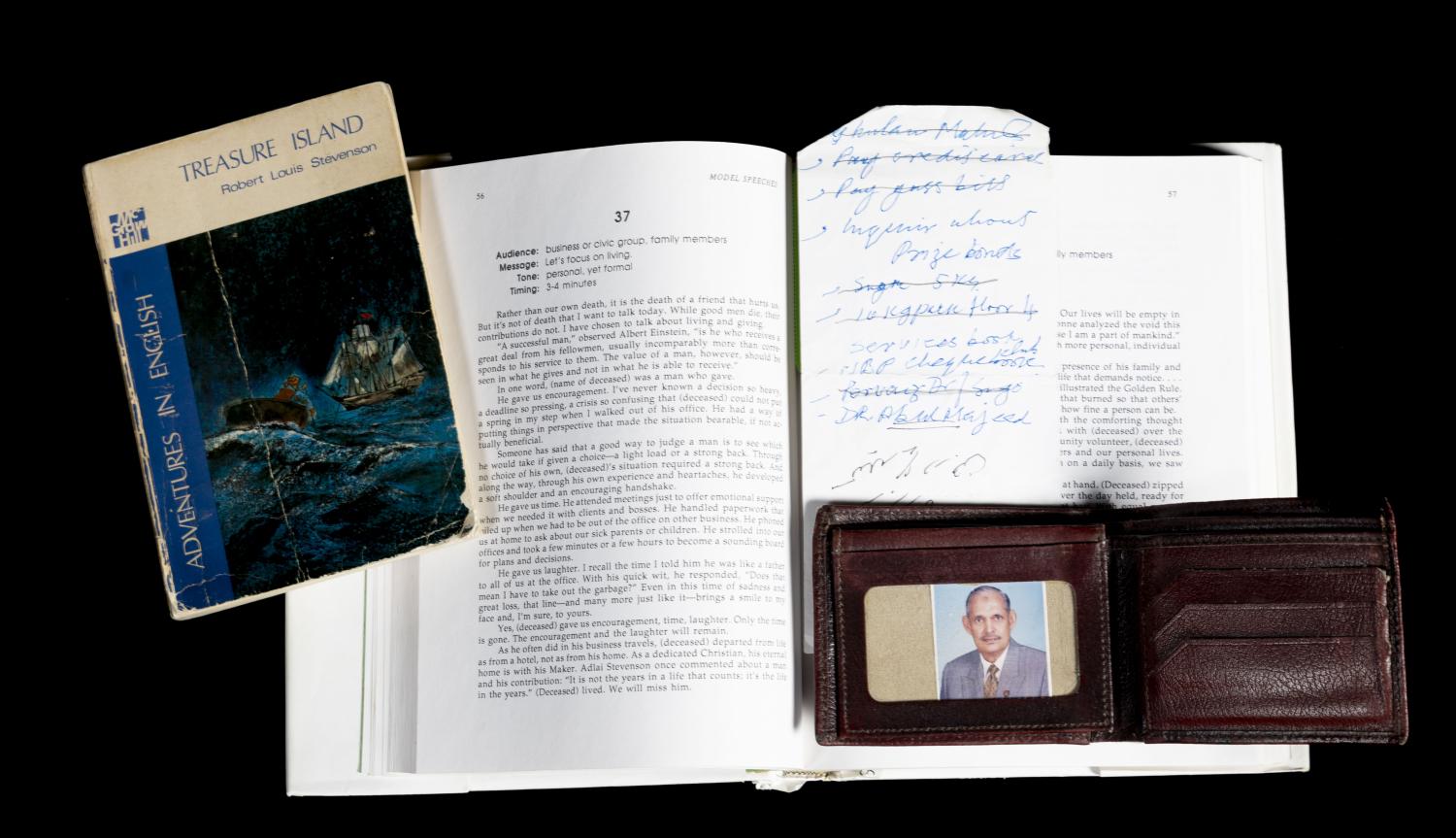How cultural groups respond to death may be evidence of how they treat life. Jean-Luc Houle, a professor in the department of anthropology, said that Western cultures distance themselves from death while Eastern cultures tend to be more involved.
Houle studies archeology and teaches the course, The Archaeologist Looks at Death, at WKU.
“How we deal with the dead often says a lot about how we think about the afterlife but also about how we think about ourselves,” Houle said.
He said in American culture, the body is turned over to a funeral home and beautified to prevent the evidence of decay.
“We are not exposed to the decaying body,” Houle said. “We let other people deal with that. Sometimes we even embalm our dead, preserving the body, beautifying them.”
America has even made an industry out of death, Houle said. Hospitals are paid to care for the dying, funeral homes are paid to take the body, and families pay for the coffin.
“We just ride along, right? We visit sometimes with an open casket, sometimes not. We go to the cemetery and other people are actually putting the coffin in the ground, so at each step we’re very far removed,” he said.
In Eastern European and Southeast Asian countries, Houle said that families are more likely to be involved in the process and take care of their loved one who has passed. He said that the family will even wash and prepare the body at home.
Imamulhaq Brula, a senior and president of the WKU Muslim Student Association, said his family immigrated to New York from Pakistan.
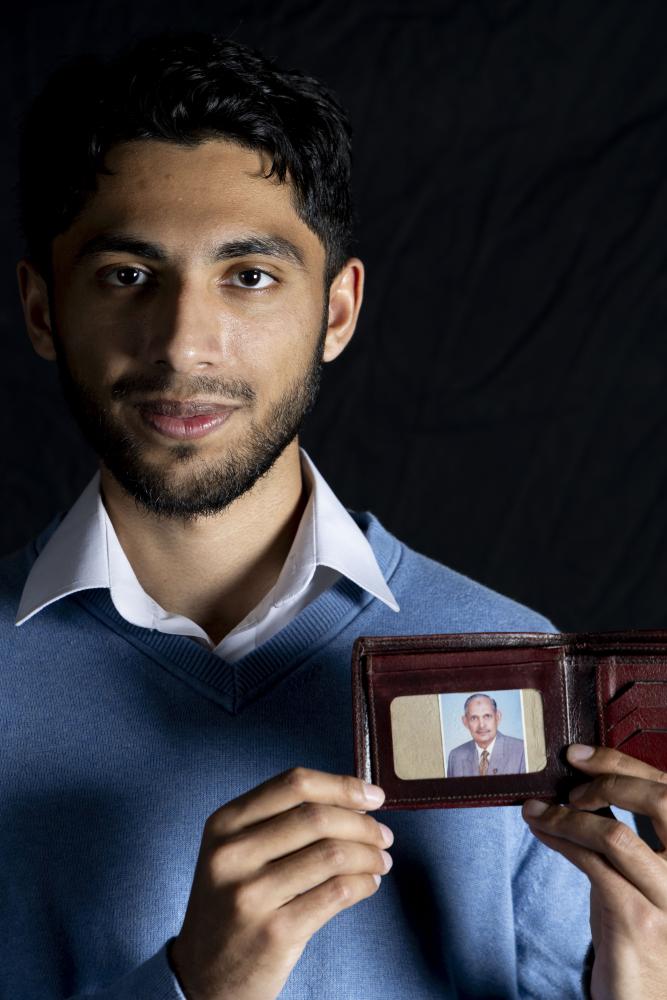
Brula said that in Islamic culture, the family is expected to care for the dying and the dead. If a male family member passes, the men of the family will wash and prepare them. If a woman dies, then the women wash and prepare the body.
“It’s very personal,” Brula said. “You kind of see the whole process happening.”
Imam Sedin Agic, the worship leader at the Islamic Center of Bowling Green, said that he believes a person’s soul remains with the body during this process.
“When people are handling the body towards the grave, that person feels everything, who is watching the body and what they are doing, but they cannot speak,” Sedin said.
In Islamic culture, the body is wrapped in white cloth to symbolize cleanliness and purity, Sedin said.
After the body is prepared, Brula said the family brings them to the graveyard for the funeral and burial. He said that the body is not embalmed to be preserved and is instead allowed to decay.
Sedin said Islam does not allow cremation or embalming the body.
“We don’t have the right to burn. It’s not ours. The body is a gift from God, so you have to respect it,” Sedin said.
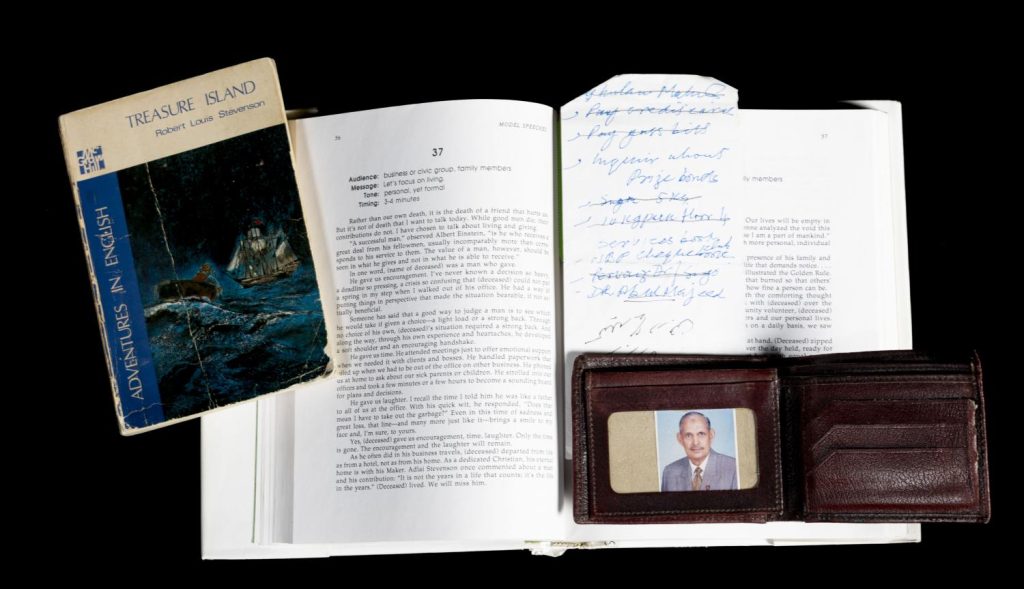
Brula said what the dead leave behind is recognized. He said that if someone leaves behind noble children, it is seen as a sign of their good influence. If they give away wealth or help to build a mosque, Brula said it is a sign of their charitable character.
Sedin said that Muslims raise noble children by raising them according to their faith. These children will be taught to pray and will continue to pray for their parents, even after they are gone, he said.
Sedin said that respect is an important value to pass on. If children are taught to respect their creator, Sedin said they will also respect what he has created.
“He created all of us,” Sedin said. “So why should I show disrespect towards you?”
Brula said that funerals are brief, but both the family and community are involved. The funeral includes a reminder of what death means and Janazah, a prayer for the dead.
Brula said the Janazah is seen as the end of the cycle of life and prayer. He said that this cycle begins with a call to prayer, called Adhan, when one is born.
Sedin said that the Adhan is whispered into the right ear of a newborn. Islamic families do this to ensure that the first words the child hears are a connection to their creator, Sedin said.
Devout Muslims are expected to live a life of prayer from that point on. When they die, the Janazah is a symbol of the end of their life and prayer.
Sedin said that he believes God appoints a time of death for everyone. No one can be saved at that point, even by doctors, he said.
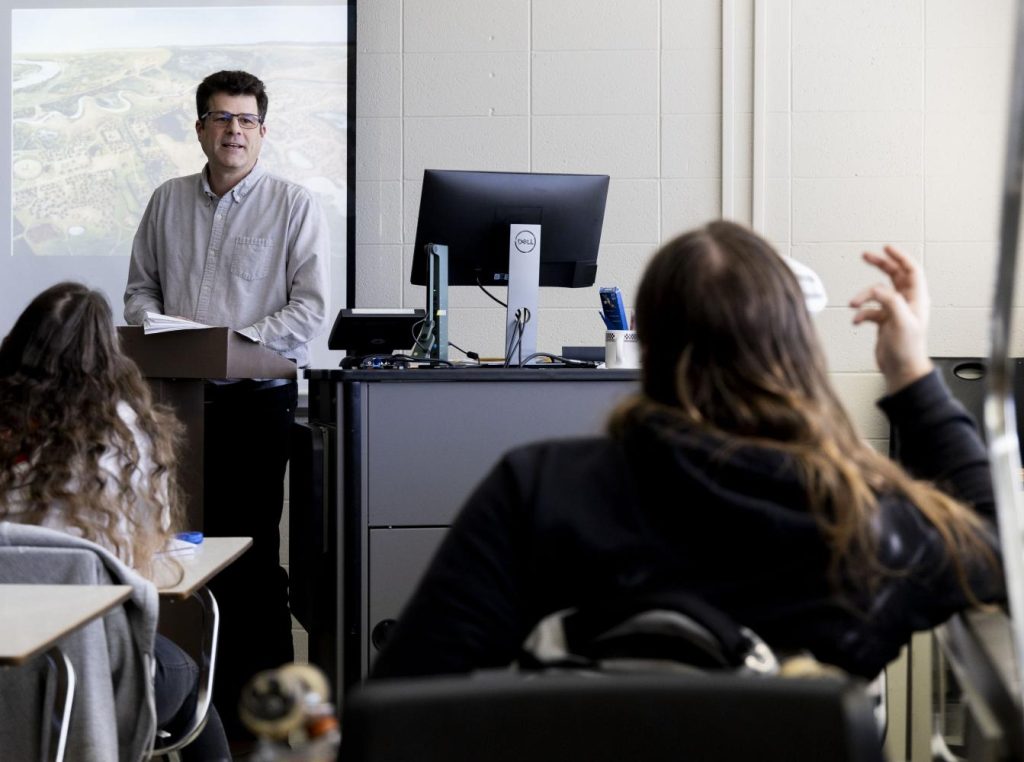
In Islam, Sedin said that there is an Angel of Death, Raju, that comes to take the souls of those who die. Raju wraps the soul in a white cloth and carries it to its destination, Sedin said.
“When the angel comes to pick up our soul, then that’s it,” Sedin said. “We have to go.”
Although grief is permitted, Sedin said that Muslims should try not to say anything bad about God’s will. Sedin said that to mourn too bitterly would be to doubt the will of God.
“We have to accept it as good for us, even if someone is our family member. It’s hard, of course. You can cry, but still we have to be careful not to say something bad,” Sedin said.
Sedin said that the afterlife is a reflection of how one lives their life on earth. Muslims strive to live well and deny their whims of desires, Sedin said.
“It’s the hardest thing to fight your wishes, your desire,” Sedin said. “You want this, so then you have to stop yourself. So that is harder than anything, any battlefield.”
This struggle is called jihad. Sedin said that jihad is a continual struggle against oneself throughout life’s challenges.
Those with strong faith are better able to manage themselves, but those with weak faith might fail or become discouraged, Sedin said. Faith, however, can be strengthened, Sedin said.
“Faith is pushing us to that level that you have to say to yourself ‘stop,’” Sedin said. “If you want paradise, paradise is not cheap. You have to stop your desires.”
Before the soul can move on, two angels ask three questions to determine where the deceased will go, Sedin said. The angels ask, “Who is your God? Who is your prophet? What is your religion?” to test the soul, Sedin said.
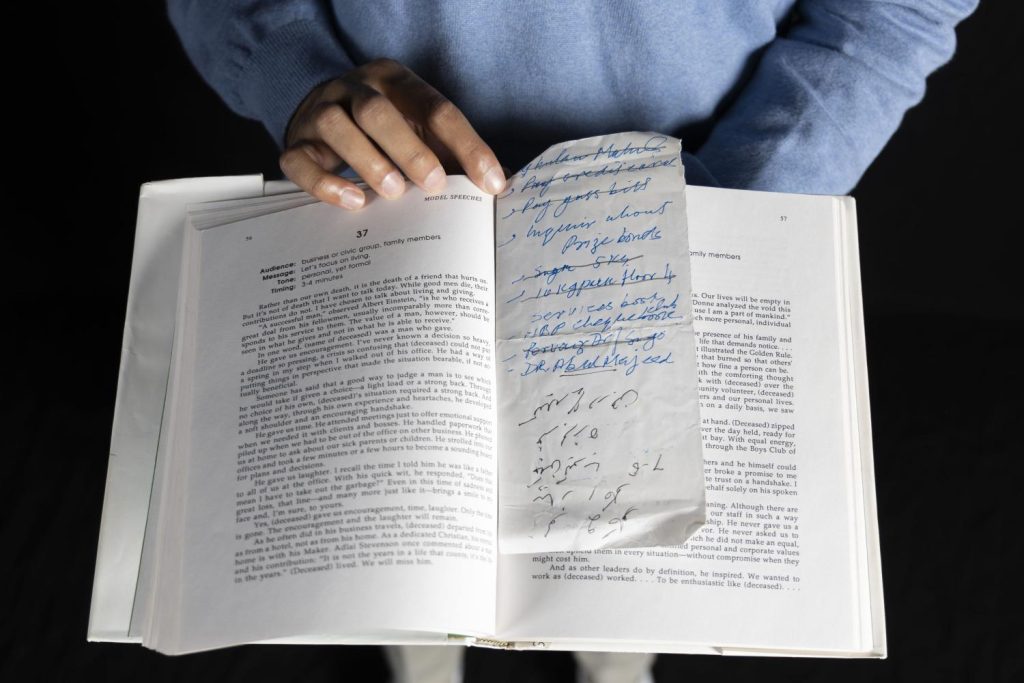
People of the Islamic faith answer Allah, the prophet Muhammed and Islam, Sedin said. If they pass the test, Sedin said that the soul is carried to a place of enjoyment and reward.
Brula said that the belief in an afterlife gives him some peace, but it also brings worry.
“Just because you’re Muslim doesn’t mean that you go to heaven,” Brula said.
Sedin said that souls that are not carried on to a reward are left in the grave. In Islam, Sedin said it is believed that the grave opens and closes in on them as punishment.
Brula said that he prays for himself and his loved ones so that they can better walk with God into the afterlife.
Brula said that everyone has a time to live and a time to pass. Death balances life, he said.
“I believe that death gives meaning to life,” Brula said. “If we all lived forever and we all had an infinite amount of time, it kind of becomes meaningless.”


